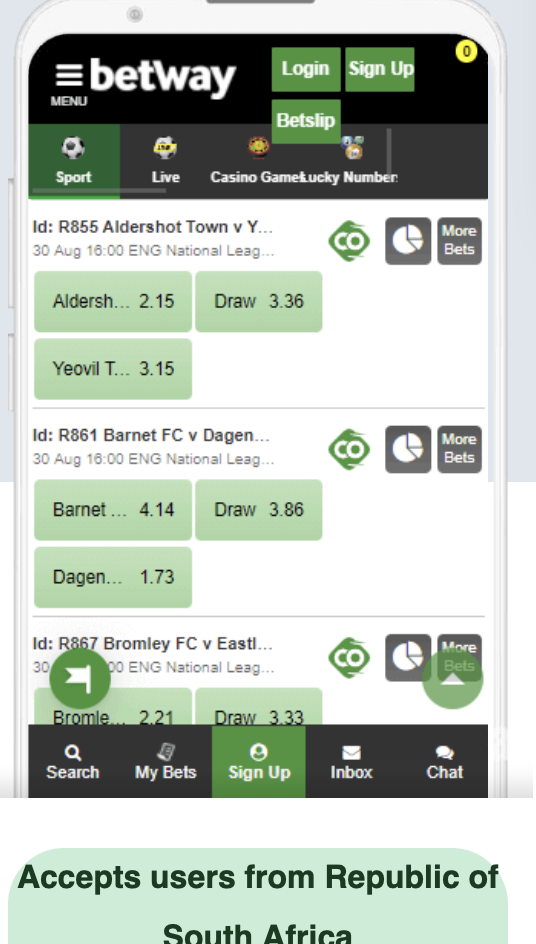Any Medicine I Can Take to Prevent HIV After Unprotected Sex?
Medication Options for HIV Prevention Following Unprotected Sex

Human Immunodeficiency Virus (HIV) is a virus that attacks the immune system, gradually weakening the body’s ability to fight off infections and diseases. While prevention through safe sex practices, such as using condoms and pre-exposure prophylaxis (PrEP), is the most effective way to reduce the risk of HIV transmission, accidents can happen. Unprotected sex or condom failure may expose individuals to the virus, raising a crucial question: Is there any medicine one can take to prevent HIV after unprotected sex? The answer is yes, and it’s known as post-exposure prophylaxis (PEP).
Understanding Post-Exposure Prophylaxis (PEP)
Post-exposure prophylaxis (PEP) is a course of antiretroviral drugs taken after potential exposure to HIV to prevent infection. PEP is not a substitute for regular HIV prevention methods but serves as a vital safety net when those methods fail or are not used. It is essential to initiate PEP as soon as possible after potential exposure, ideally within 72 hours, as its effectiveness decreases with time.
Who Should Consider PEP?
PEP is typically recommended for individuals who have engaged in unprotected sex with a partner of unknown HIV status or someone known to be HIV-positive. Other scenarios where PEP may be necessary include:
- Accidental needlestick injuries in healthcare settings, where the source patient’s HIV status is unknown or positive.
- Sexual assault, especially when condom use was not possible or the attacker’s HIV status is unknown.
- Sharing needles or drug paraphernalia with a person who is HIV-positive or of unknown status.
- Any other situation where there is a significant risk of HIV exposure.
It’s important to note that PEP should not be considered a routine method of HIV prevention but rather an emergency measure.
How Does PEP Work?
PEP involves taking a combination of antiretroviral drugs for 28 days. These medications work by inhibiting the replication of the virus in the body, preventing it from establishing a full-blown infection. The specific drugs used for PEP may vary, but they typically include two types of HIV medications: nucleoside reverse transcriptase inhibitors (NRTIs) and non-nucleoside reverse transcriptase inhibitors (NNRTIs).
Effectiveness of PEP
PEP is most effective when initiated as soon as possible after potential exposure to HIV, ideally within 72 hours. However, its effectiveness decreases significantly after this window, and it may not be effective at all if started after 72 hours. Therefore, it is crucial to seek medical attention promptly if you believe you may have been exposed to HIV.
While PEP can significantly reduce the risk of HIV transmission, it is not 100% effective. Its effectiveness depends on several factors, including the timing of initiation, adherence to the prescribed medication regimen, and the nature of the exposure. It is estimated that PEP can reduce the risk of HIV transmission by approximately 80%.
Side Effects and Considerations
PEP may cause side effects, which can vary from person to person. Common side effects include nausea, diarrhea, fatigue, and headache. These side effects are generally mild and temporary. It’s essential to discuss potential side effects with a healthcare provider, who can help manage them and ensure that you complete the full 28-day course of medication.
Moreover, PEP is not a guarantee against HIV infection. It is not a long-term prevention strategy, and individuals who engage in high-risk behaviors should consider regular use of pre-exposure prophylaxis (PrEP) as a more effective prevention method.
Conclusion
In conclusion, while the best way to prevent HIV transmission is through safe sex practices and the use of PrEP, accidents and emergencies can occur. Post-exposure prophylaxis (PEP) is a crucial tool in the fight against HIV, offering a chance to prevent infection after potential exposure. However, its effectiveness depends on early initiation, adherence to the prescribed medication regimen, and the nature of the exposure. PEP should never be used as a routine prevention method but as an emergency measure when other preventive measures fail or are unavailable. If you believe you may have been exposed to HIV, seek immediate medical attention to discuss the possibility of starting PEP. Remember, the best way to protect yourself from HIV is through informed decisions and consistent safe sex practices.





I like your content 👏👏